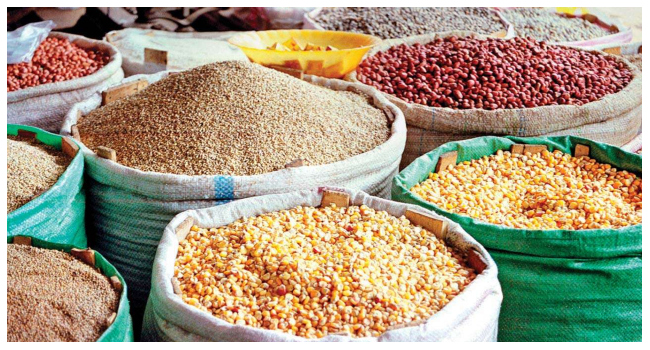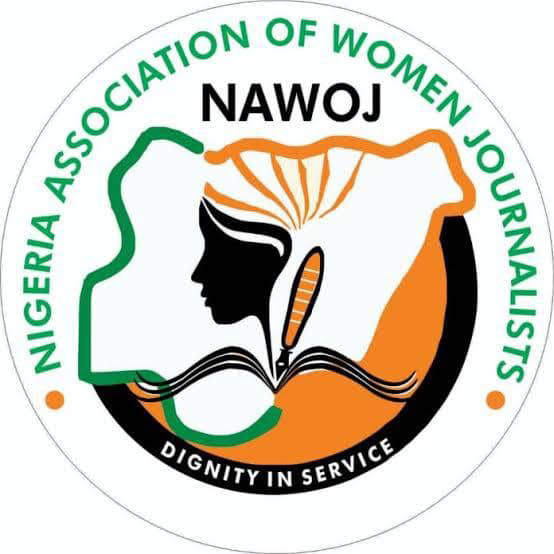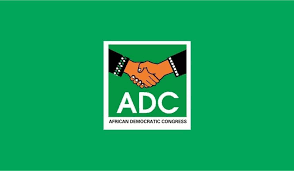Despite the Federal Government’s assertion that food inflation is easing, market checks across major cities indicate that prices of key food items remain significantly high, especially in the Southwest and Southeast, leaving consumers and traders increasingly frustrated.
According to the June 2025 Consumer Price Index released by the National Bureau of Statistics, food inflation declined to 38.2% from 40.66% in May, attributed to improved food supply and various government interventions.
However, many Nigerians say this drop isn’t reflected in real market conditions. Interviews with buyers and sellers across Lagos, Oyo, Delta, Rivers, Anambra, Abuja, Sokoto, Kano, and Kaduna suggest that food prices have either remained unchanged or increased in the last two months.
In Lagos, Oyo, and Osun, the price surge continues. For instance, a visit to Iyana Iba and Ikorodu markets shows that the cost of local parboiled rice jumped from N53,000 in May to N77,000 by July.








